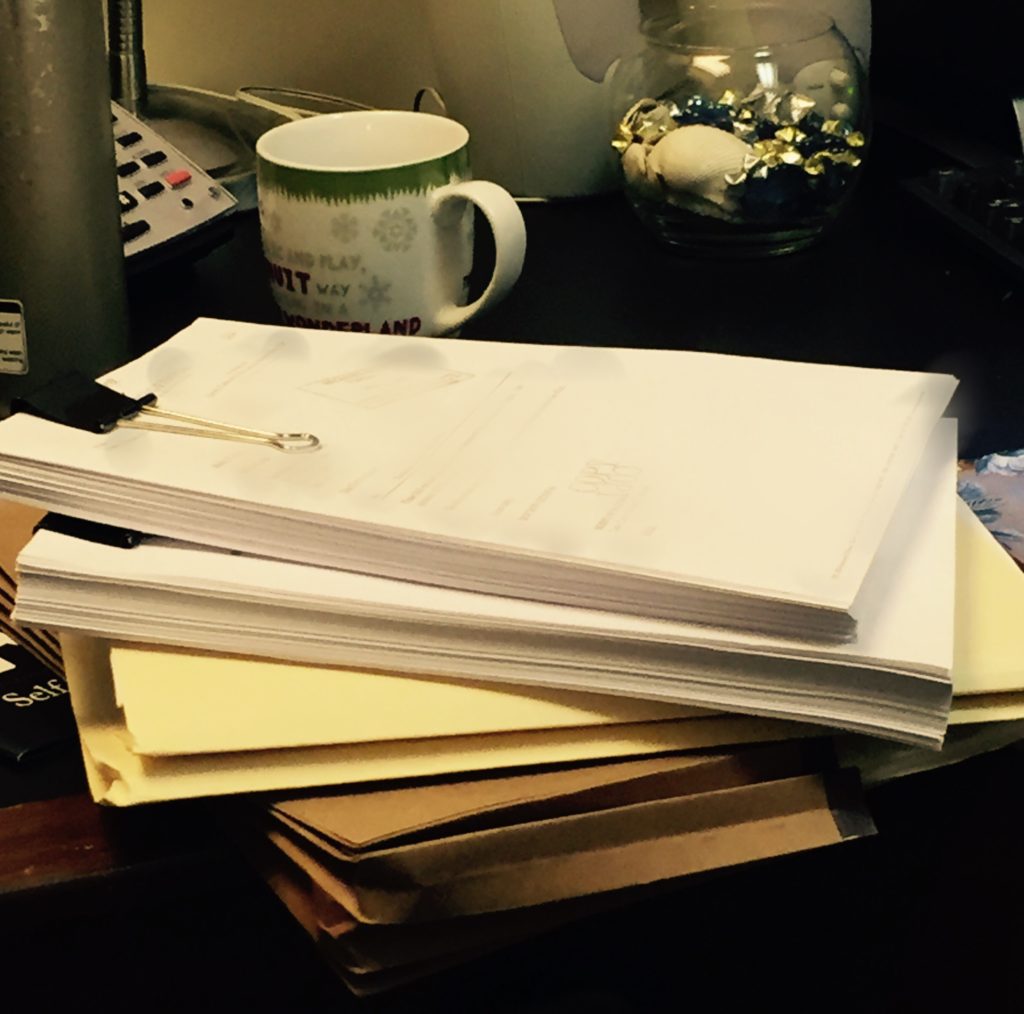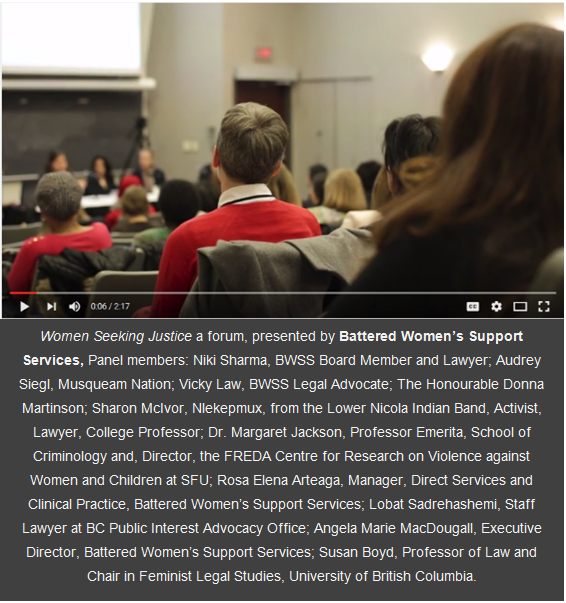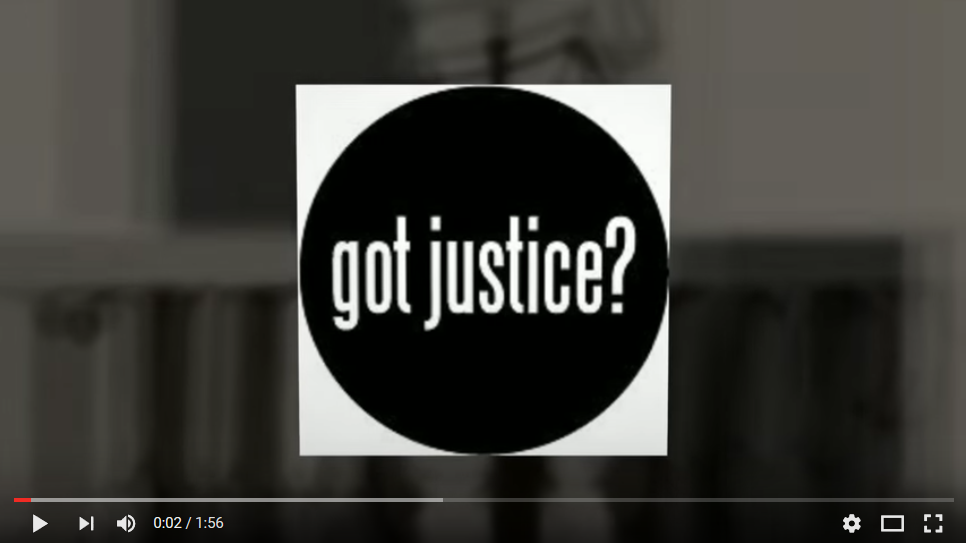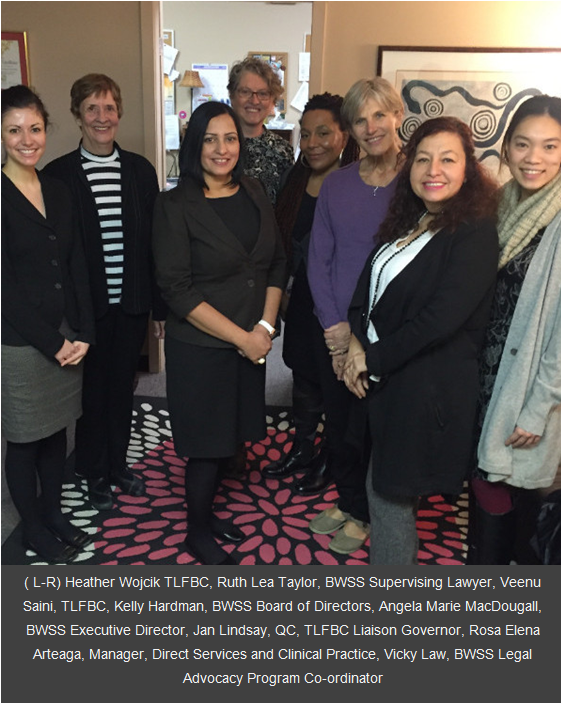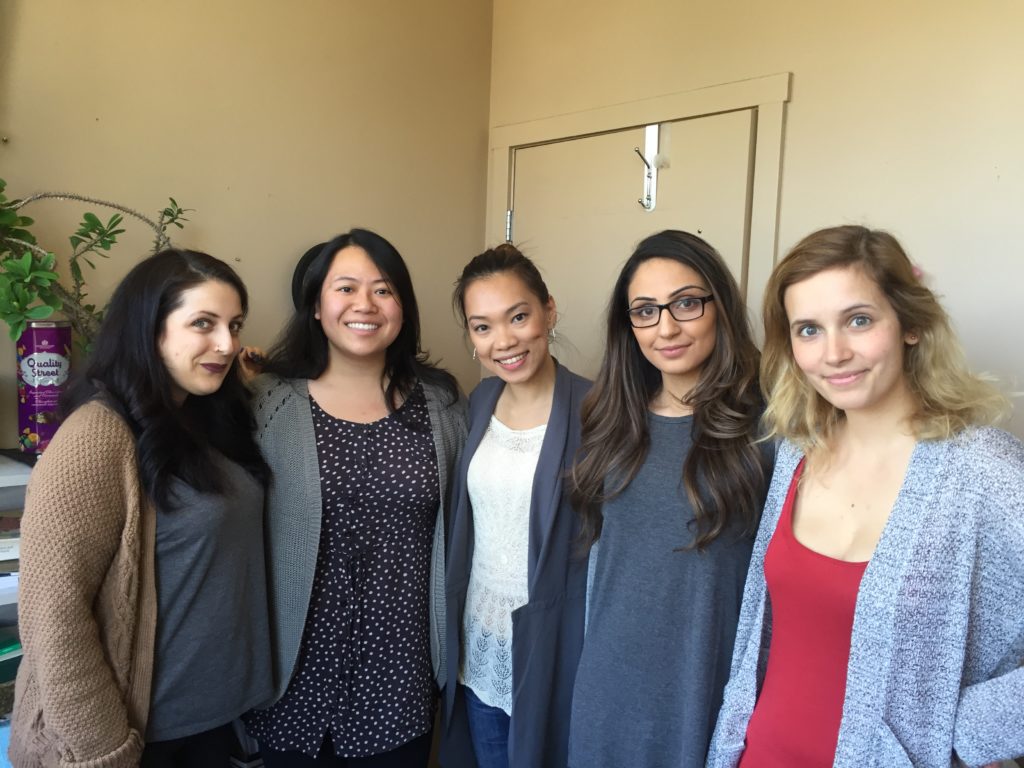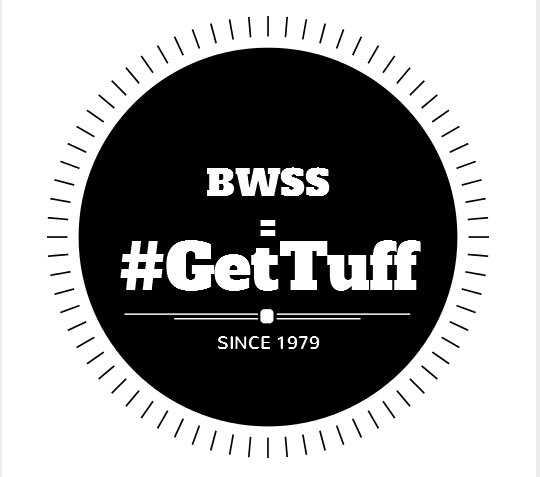It is commonly known that violence escalates when a woman decides to separate from her abusive partner. After separation, an abusive partner will try to maintain his power and control through many ways. One form of control usually appears in the family law process, especially when children are involved. Through court-related abuse and harassment, abusive partners are able to use the significance of a child to continue his abuse towards the child’s mother. Court-related abuse and harassment is one of the many ways that an abusive husband can continue post-separation abuse and to enact revenge on the women for leaving the relationship.
On Thursday, June 9, 2016 B.C. Premier Christy Clark shared her support for the Green Party Bill on Sexual Violence and Misconduct Policy Act and UBC’s draft sexual assault policy. On Friday, June 10, 2016 Premier Clark responded to women advocates on CBC Almanac with Gloria Macarenko regarding policies and funding in respect to violence against women in the province of BC. In her remarks, Premier Clark spoke to Family Law and Violence Against women.
Approximately 80% of the women who access our services do not have legal representation because they are not eligible to receive government funded legal aid and do not have the money to privately retain their own lawyers. The virtual elimination of Legal Aid in British Columbia and the complicated acceptance process has resulted in an increase of women who are having to self represent in family law cases. Over 80% of women accessing our services identify at least one legal issue where they require information.
For women who are leaving abusive relationships, the complication of dealing with the power/control issues of a violent spouse, makes dealing with legal system more difficult. Many women are the primary caregivers of children, and as such, may not work outside the home. Many women who do work outside the home do not make enough to pay for a lawyer but their income makes them ineligible for legal aid. They are then forced to represent themselves if they cannot find an advocate or a pro-bono lawyer. Some women give up and stay with their abuser because it is easier than leaving.
Women leaving abusive relationships have to make many critical decisions such as: where they will live after they leave, find protection for themselves and their children and start a new life. From the first decision to leave, a woman has to determine how she will support herself and her children. Women may also have the additional impact of a former spouse using the courts against her. In many of the cases seen at BWSS, abusive partners use the court process to harass, degrade and force women to concede to their demands. Often women are navigating several areas of the law concurrently and often at opposing purposes.
The outcomes for women when they do not get proper and supportive legal representation and advice are:
- women are forced to provide unsafe access to their children with their violent ex-spouses,
- women must share custody with violent, unpredictable ex-spouses who often know where they live,
- women do not receive fair or just child support and spousal support payments to provide themselves and their children,
- women are threatened with deportation by their violent spouses,
- women are forced to take hours of time to access different types of support services to get preliminary advice (working women are losing income in order to access support services),
- women are forced into mediation services when the power and violence issues make them susceptible to more abuse,
- women must research and use self-help resources for complex legal problems that should be handled by a lawyer, and
- women who do have Legal Aid report that they deal with lawyers who do not take violence seriously and leave it out of the proceedings when it is integral to fair legal outcomes for battered women.
For the past 27 years, the Legal Services and Advocacy Program at Battered Women’s Support Services provides legal support to women who have experienced violence in intimate relationships helping women navigate the Canadian legal system.
Battered Women’s Support Services Legal Services and Advocacy Program is led by Vicky Law. As a practicing lawyer, Vicky has been moving our program forward. In addition to supervising Legal Services and Advocacy Program Interns, she supports women who have experienced violence and are involved in the legal system and takes on full representation files as a practicing lawyer.
The legal advocacy team also includes four law students: Kaja, Christine, Ashley and Catherine helping women navigating the legal system.
With the support of our Legal Advocacy team women are able to leave their abusive relationship, receive more fair custody and access orders increasing the safety for the children, able to have a voice in mediation proceedings and very importantly having access to legal representation in their legal cases.
If you would like to increase women’s access to justice please make a $35 donation today.

